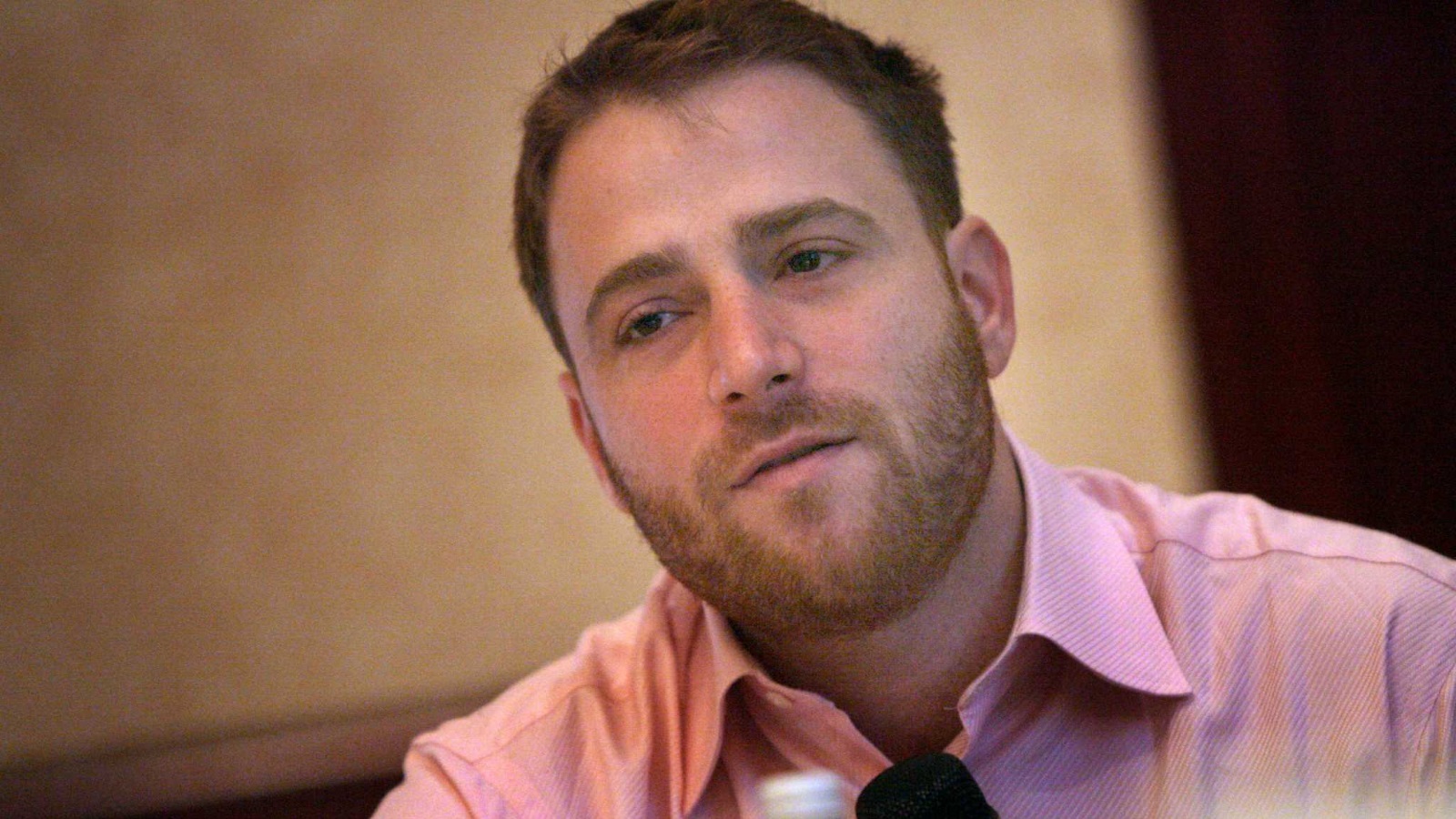
There’s no going backward in the remote work war, Butterfield concluded. Most workers will threaten to leave a job if a flexible arrangement isn’t on the table. Flexible work has gone from perk to expectation among many workers, who would go so far as to put the value of flexibility on par with getting a heftier paycheck or the opportunity to climb the ladder. Now that remote work has proven that it’s possible for people to carve out time for such day-to-day moments with their loved ones, he said, “people are unlikely to be able to give that opportunity up.” “He never would have been able to do that ,” Butterfield said, noting that he himself has a one-and-a-half-year-old, with whom his relationship would have been different in a pre-pandemic world, where he would have struggled “to get home a couple of nights a week” before his son was in bed. He recounted a recent conversation with Slack’s head of North America sales, who signs off from work early every Thursday to coach his son’s 4 p.m. “It’s not just being able to live somewhere else, though that’s important,” Butterfield remarked to Shontell. Recent research from Future Forum has found that 80% of employees want flexibility in where they work, and 94% want flexibility in when they work. In September 2020, it launched think tank Future Forum, aimed at providing insights to companies trying to master the new digital-first workplace.

Slack itself embraces asynchronous, location-flexible work, bolstered by its own data and research. Slack’s business hinges on enabling teams to work productively from across the globe, and for Butterfield, grasping the limits and possibilities of that is paramount. That’s all coming from the CEO of a company whose entire purpose is making a distributed workforce more feasible. “But I think in both cases, it really is an opportunity to reimagine, and that’s what people really want.” He said he appreciates the frustrations and challenges among managers and employees alike. That structure, he went on, is much harder to pin down. “But they don’t like to be told what to do, so I think the secret is to not make them feel like their autonomy is being denied or that their ideas aren’t important, while still giving some structure.” “People do want structure, and people like boundaries,” Butterfield told Fortune editor-in-chief Alyson Shontell during a panel this week on Connect, Fortune’s education community.

The trick, says Slack cofounder and CEO Stewart Buttefield, is to make workers feel like it’s their own decision.


 0 kommentar(er)
0 kommentar(er)
